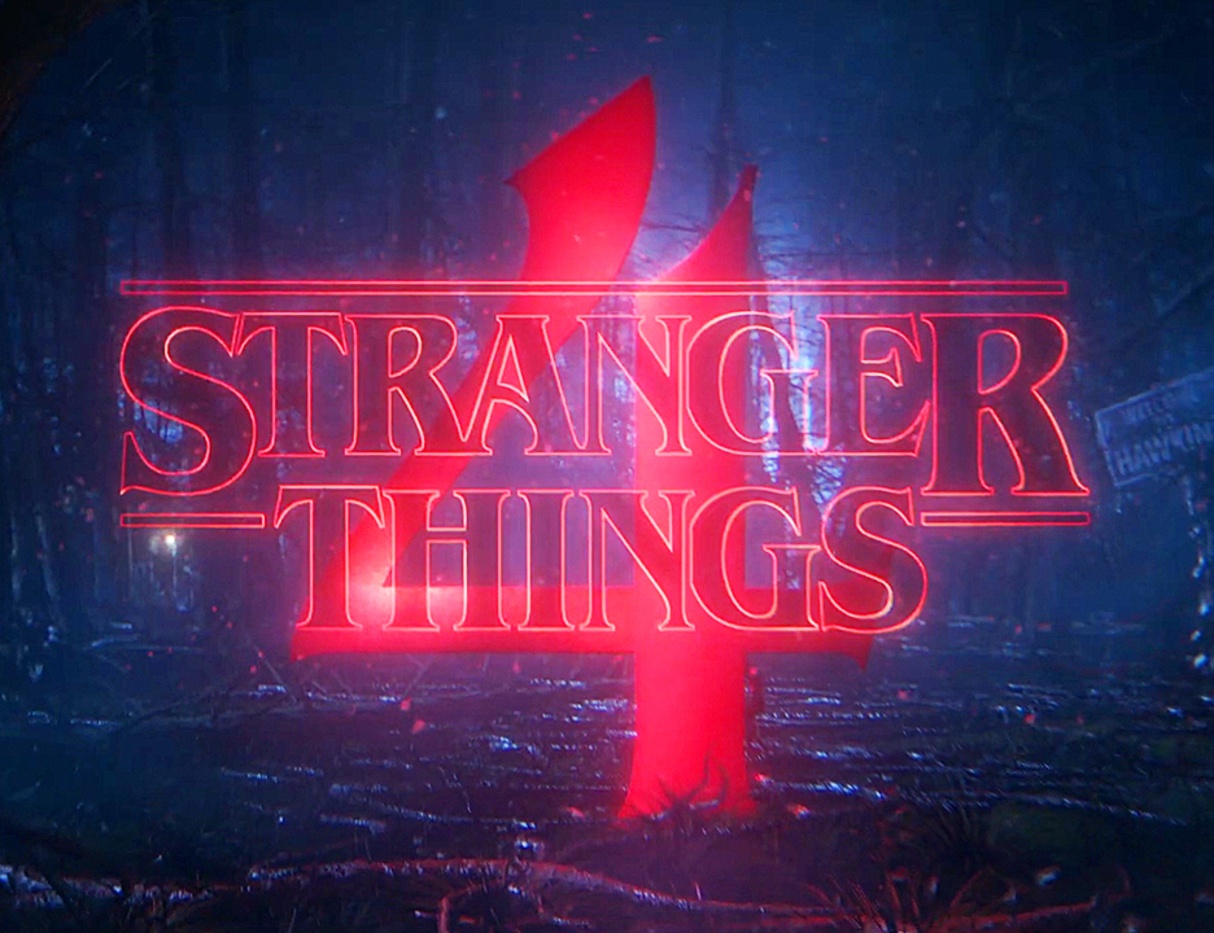Netflix's hit series Stranger Things has not only redefined sci-fi and horror for a modern audience but also intricately explored powerful themes of sacrifice and heroism. Set against the backdrop of the 1980s, the show blends nostalgia with deep, universal truths about the human condition, particularly highlighting what it means to be a hero in the face of darkness.
:max_bytes(150000):strip_icc()/eleven-stranger-things-2000-bcd2174c120c4997b392ce6a6fcf6a70.jpg)


Central to the allure of Stranger Things are the compelling young characters who, despite their youth, demonstrate remarkable bravery and a willingness to make unimaginable sacrifices. Whether it's Eleven's harrowing escape and subsequent battles against the creatures of the Upside Down or the gang's relentless search for Will, these individuals exemplify heroism not through sheer strength, but through their unwavering commitment to one another.
Furthermore, Stranger Things illustrates that heroism is not confined to the young or the physically formidable. Through its adult characters, like Joyce Byers, who fights tirelessly for her son's return, and Jim Hopper, who confronts his past to keep the children safe, the show broadens the understanding of bravery. This is Stranger Things TV series It reveals heroism to be a quality that anyone can embody, regardless of age or strength, highlighting instead the importance of resilience, commitment, and love in the face of fear.

In essence, Stranger Things serves not only as a source of entertainment but also as a profound exploration of the themes of sacrifice and heroism. Its storytelling prowess and the depth of its characters challenge viewers to reconsider what it means to be a hero, emphasizing that true bravery often lies in self-sacrifice and a deep-seated commitment to the well-being of others. This nuanced portrayal adds a layer of depth to the series, elevating it beyond mere nostalgia or genre appeal.
